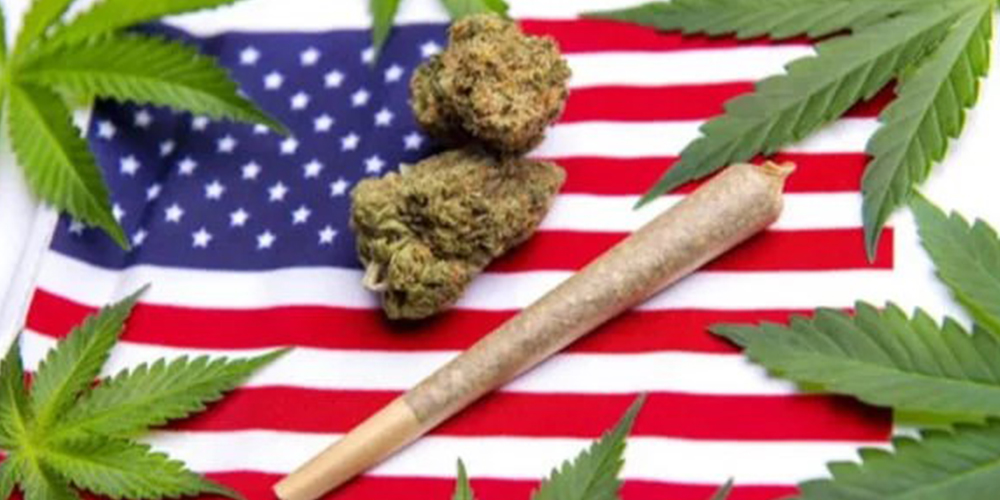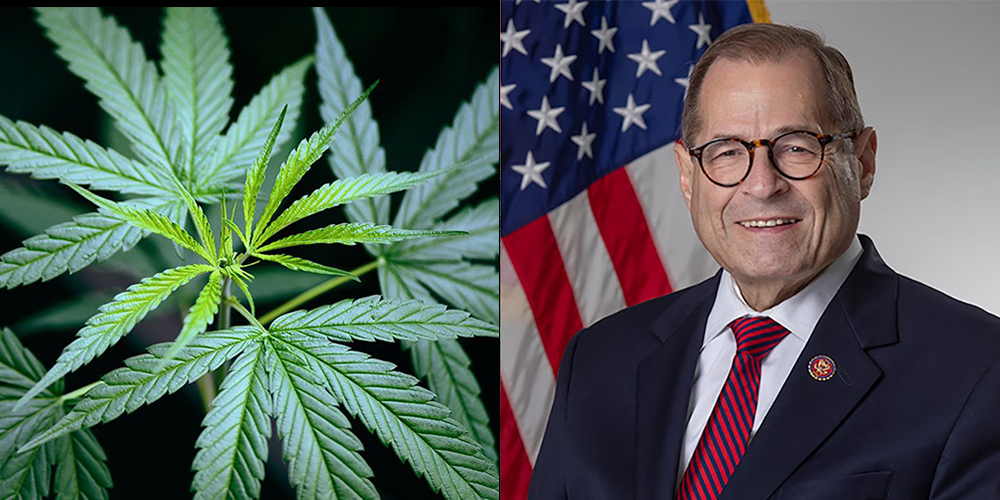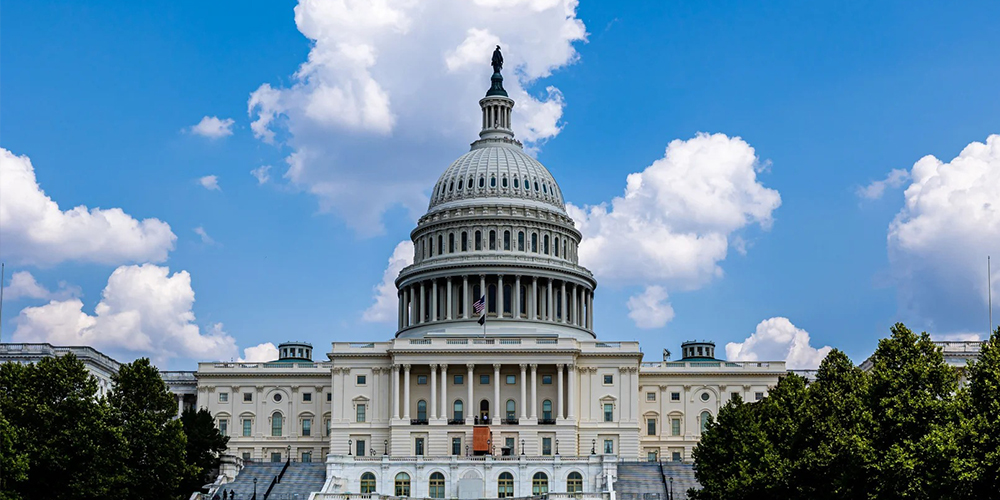
As the Trump administration considers reclassifying marijuana, Congressional Democrats have introduced a bill to fully legalize cannabis at the federal level by removing it from the Controlled Substances Act (CSA).
The legislation not only aims to lift federal restrictions on marijuana but also contains provisions designed to promote equity and address the collateral consequences of prohibition.
On August 30th, Rep. Jerrold Nadler (D-NY) reintroduced the Marijuana Opportunity, Reinvestment, and Expungement (MORE) Act, joined by more than thirty co-sponsors. This marks the fourth consecutive session in which Nadler has advanced the proposal. During his tenure as chair of the House Judiciary Committee, the measure passed the House twice under Democratic control, but it failed to move forward in the last session when Republicans held the majority.
“As more states continue to legalize marijuana and public support increases, federal laws must catch up and reverse failed policies criminalizing marijuana,” Nadler said in a press release provided to Cannabis Business Times. “It is long past time to decriminalize marijuana at the federal level, expunge marijuana convictions and facilitate resentencing, while reinvesting in the communities most adversely impacted by the war on drugs.”
Although the bill’s chances of advancing in this Congress remain uncertain—particularly as President Trump weighs a narrower plan to merely reschedule cannabis—advocates emphasize that the MORE Act represents a comprehensive reform framework. They argue it is a necessary step to correct the harms of prohibition and promote social equity.
The latest version of the MORE Act remains largely consistent with prior iterations, aside from technical updates such as revised data in its findings section.

If enacted, the bill would legalize cannabis nationwide and impose a progressive federal excise tax on sales, starting at 5% during the first two years and rising to 8% by the fifth year. Part of this revenue would be reinvested in communities disproportionately affected by the war on drugs, helping individuals participate in the legal marketplace.
Tax revenue would flow into an “Opportunity Trust Fund”, with 60% allocated to the U.S. Attorney General’s office for implementing provisions of the Omnibus Crime Control and Safe Streets Act of 1968. The aim is to support state and local governments in reducing crime and enhancing the efficiency, fairness, and coordination of law enforcement and the justice system at every level.
According to Nadler’s office, the MORE Act also includes the following provisions:
– Decriminalizes marijuana at the federal level by removing the substance from the Controlled Substances Act. This applies retroactively to prior and pending convictions and enables states to set their own policy.
– Requires federal courts to expunge prior convictions, allows prior offenders to request expungement, and requires courts, on motion, to conduct re-sentencing hearings for those still under supervision.
– Authorizes the assessment of a 5% sales tax on marijuana and marijuana products to create an Opportunity Trust Fund, which includes three grant programs:
a.The Community Reinvestment Grant Program: Provides services to the individuals most adversely impacted by the war on drugs, including job training, re-entry services, legal aid, literacy programs, youth recreation, mentoring and substance use treatment.
b.The Cannabis Opportunity Grant Program: Provides funds for loans to assist small businesses in the marijuana industry that are owned and controlled by socially and economically disadvantaged individuals.
c.The Equitable Licensing Grant Program: Provides funds for programs that minimize barriers to marijuana licensing and employment for the individuals most adversely impacted by the war on drugs.
– Opens up Small Business Administration funding for legitimate cannabis-related businesses and service providers.
– Provides non-discrimination protections for marijuana use or possession, and for prior convictions for a marijuana offense:
a.Prohibits the denial of any federal public benefit (including housing) based on the use or possession of marijuana, or prior conviction for a marijuana offense.
b.Provides that the use or possession of marijuana, or a prior conviction for a marijuana offense, will have no adverse impact under the immigration laws.
– Requires the Bureau of Labor Statistics to collect data on the demographics of the industry to ensure people of color and those who are economically disadvantaged are participating in the industry.

The bill is supported by a broad coalition of civil rights, criminal justice, drug policy, and immigration organizations, including the Leadership Conference on Civil and Human Rights, the Drug Policy Alliance, NORML, Better Organizing to Win Legalization, Minorities for Medical Marijuana, the Center for American Progress, and Students for Sensible Drug Policy, among others.
- The news is soured from Marijuana Moment and Cannabis Business Times
Post time: Sep-04-2025



